Turkey serves as a pivotal transit country in Eurasian energy security, connecting energy-rich regions in the Caspian Sea and the Middle East to European markets. Key pipeline projects, such as the Trans-Anatolian Natural Gas Pipeline (TANAP) and the Southern Gas Corridor, play a significant role in enhancing energy diversification for Europe by decreasing dependence on […]
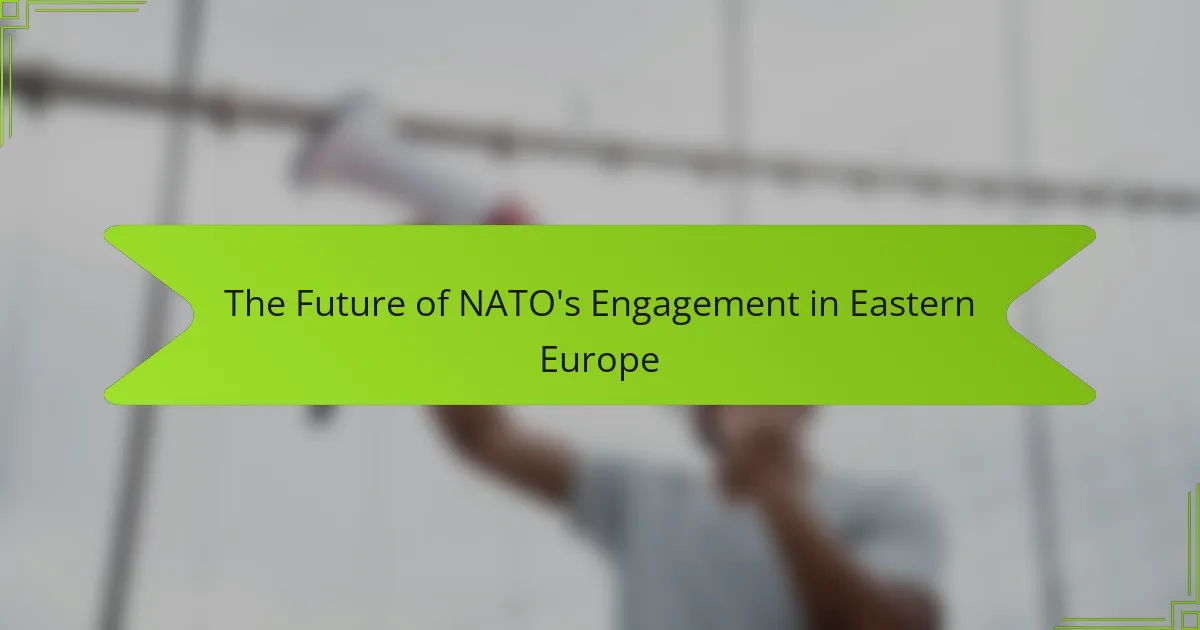
The Future of NATO’s Engagement in Eastern Europe
NATO, the North Atlantic Treaty Organization, is actively engaged in Eastern Europe to enhance defense and deterrence capabilities against regional security challenges, particularly those posed by Russia. This engagement involves the deployment of multinational battlegroups in Poland and the Baltic states, as well as conducting regular military exercises to improve readiness and interoperability among member […]

Regional Security Challenges in the Caucasus
The primary focus of the article is regional security challenges in the Caucasus. Key issues include territorial disputes, particularly in Nagorno-Karabakh, which have resulted in violent conflicts between Armenia and Azerbaijan. The article highlights ethnic tensions among groups such as Armenians, Azerbaijanis, and Chechens, which often lead to violence. Additionally, geopolitical rivalries involving major powers […]
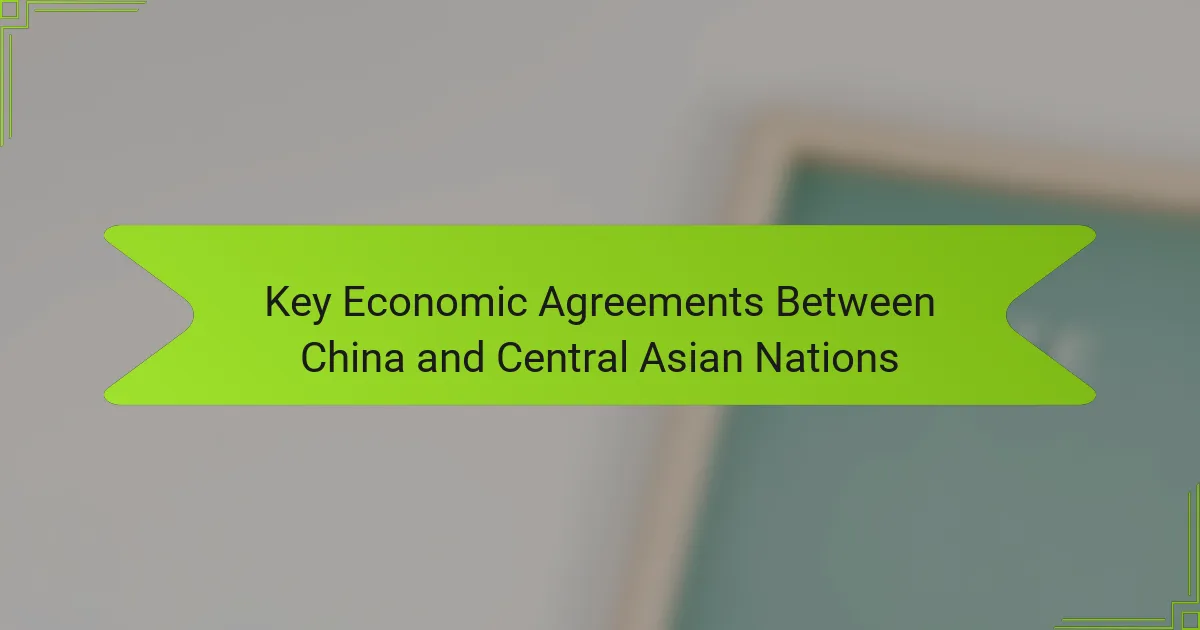
Key Economic Agreements Between China and Central Asian Nations
Key economic agreements between China and Central Asian nations encompass trade partnerships, investment agreements, and infrastructure projects, primarily driven by China’s Belt and Road Initiative. This initiative aims to enhance connectivity and trade routes, facilitating significant investments in transportation, energy, and telecommunications, particularly in sectors like Kazakhstan’s oil and gas industry. However, these agreements face […]
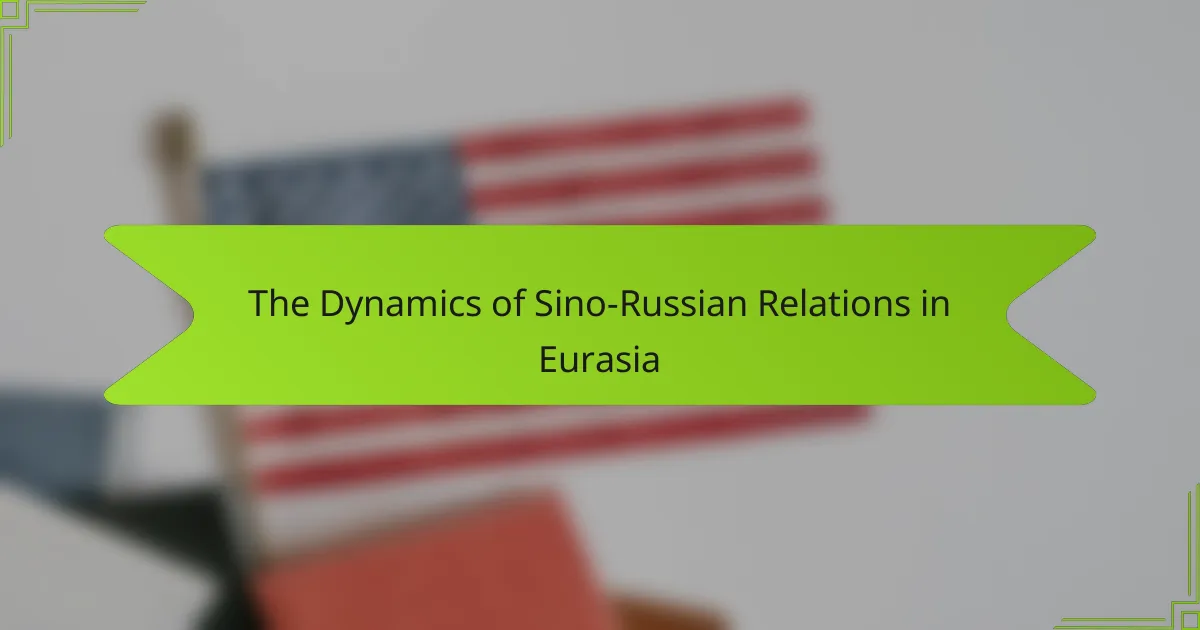
The Dynamics of Sino-Russian Relations in Eurasia
Sino-Russian relations in Eurasia encompass key elements such as economic cooperation, military collaboration, and geopolitical strategy. Economic ties have been bolstered by initiatives like the Belt and Road Initiative, which enhances trade and investment between the two countries. Military collaboration is highlighted through joint exercises and arms sales, reflecting shared defense interests. Geopolitically, both nations […]
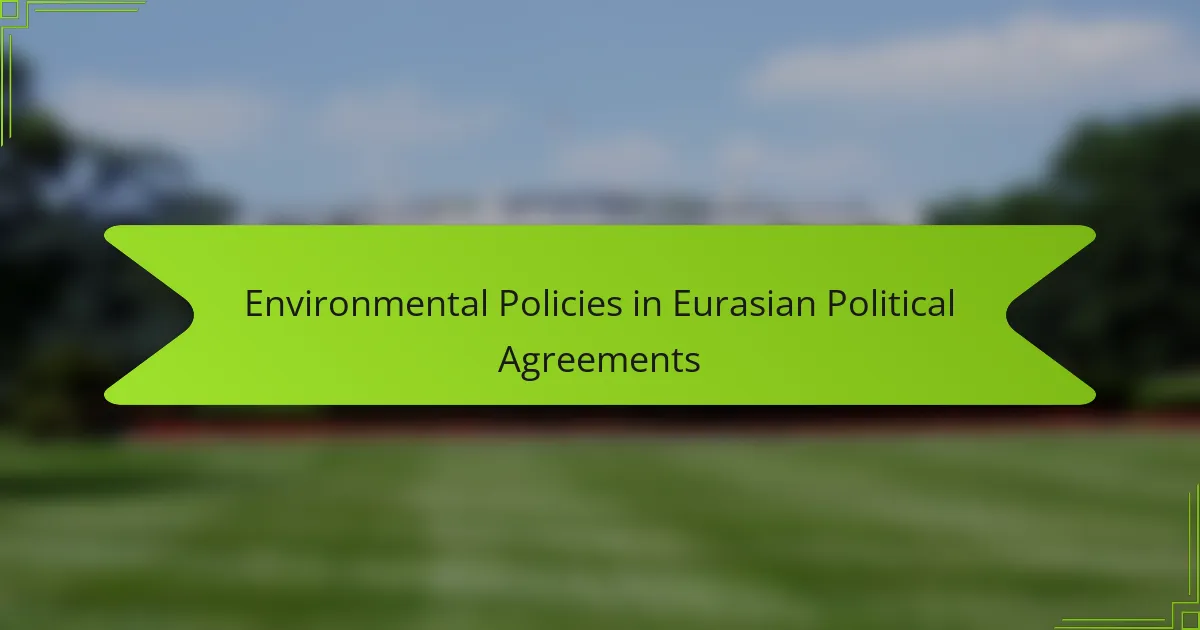
Environmental Policies in Eurasian Political Agreements
Environmental policies in Eurasian political agreements serve as essential frameworks for member states to tackle environmental challenges collaboratively. These policies focus on sustainable development, carbon emission reduction, and biodiversity protection, facilitating regional cooperation on issues like pollution control and conservation. However, they face challenges such as inconsistent regulatory frameworks, economic priorities overshadowing environmental concerns, and […]
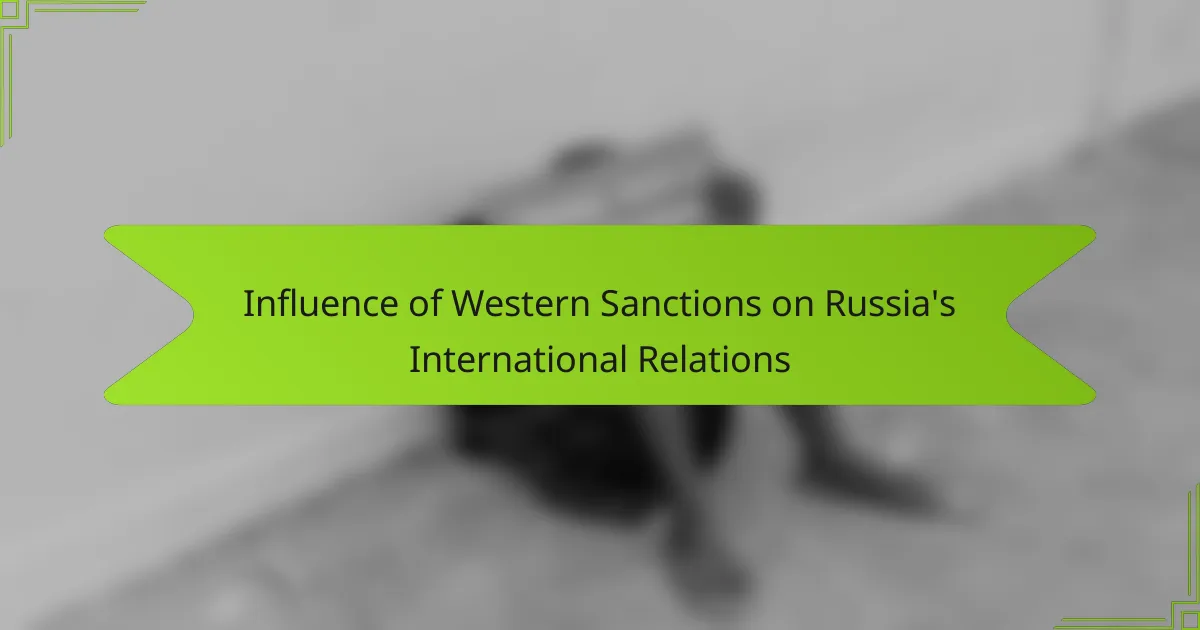
Influence of Western Sanctions on Russia’s International Relations
Western sanctions are restrictive measures imposed by Western countries to influence the behavior of specific nations in response to actions such as human rights violations or aggression. This article examines the impact of these sanctions on Russia, particularly following its annexation of Crimea in 2014 and its actions in Ukraine. It outlines how sanctions have […]
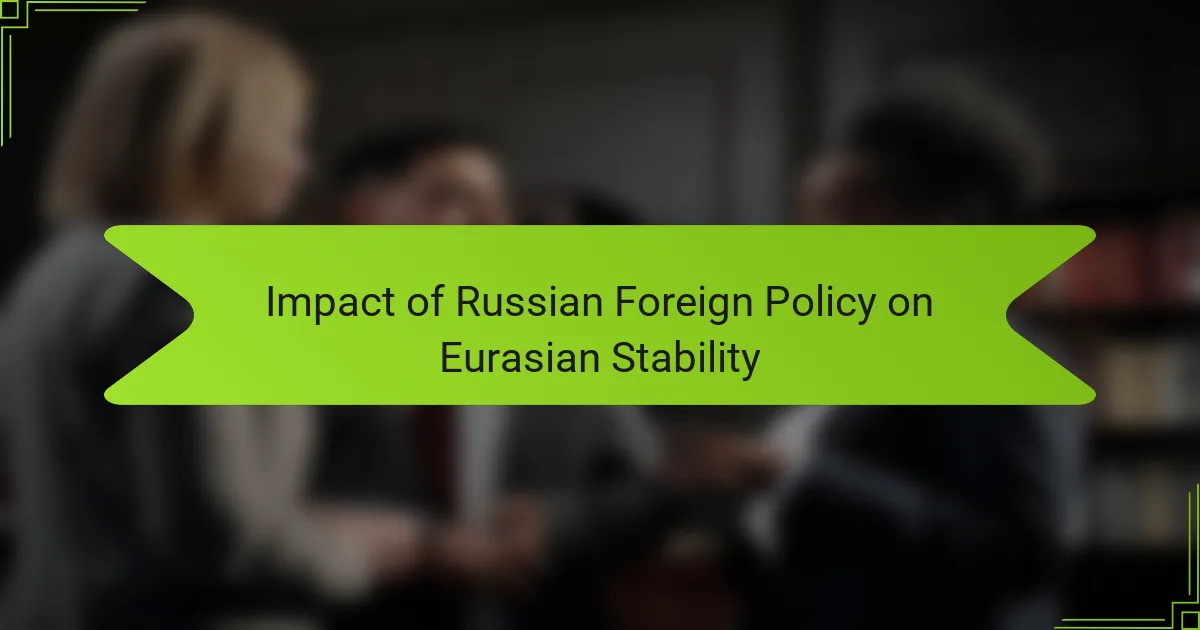
Impact of Russian Foreign Policy on Eurasian Stability
Russian foreign policy plays a critical role in shaping the stability of the Eurasian region. This article examines how Russia’s military interventions, such as the annexation of Crimea, and diplomatic actions influence regional alliances and geopolitical dynamics, often leading to increased tensions with neighboring countries like Ukraine, Georgia, and Moldova. It explores the historical evolution […]
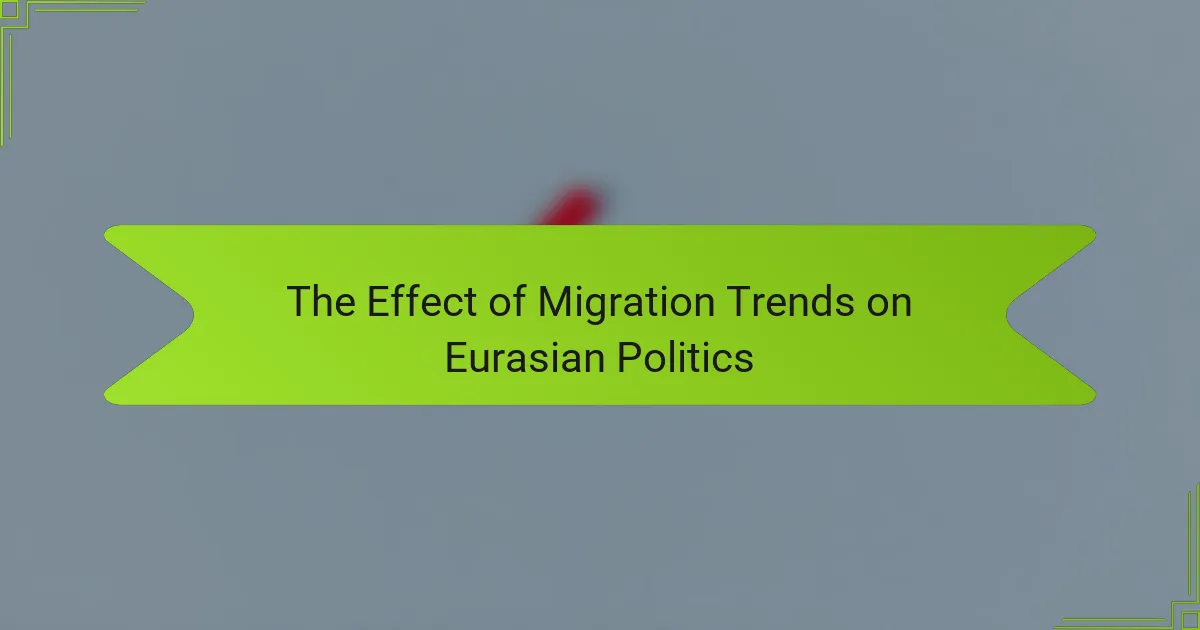
The Effect of Migration Trends on Eurasian Politics
Migration trends in Eurasia highlight significant movements from Central Asian countries to Russia, driven primarily by economic opportunities and influenced by geopolitical tensions, such as conflicts in Ukraine and Belarus. The COVID-19 pandemic has further altered these flows, leading to increased internal displacement and returns to home countries. These trends necessitate changes in national immigration […]
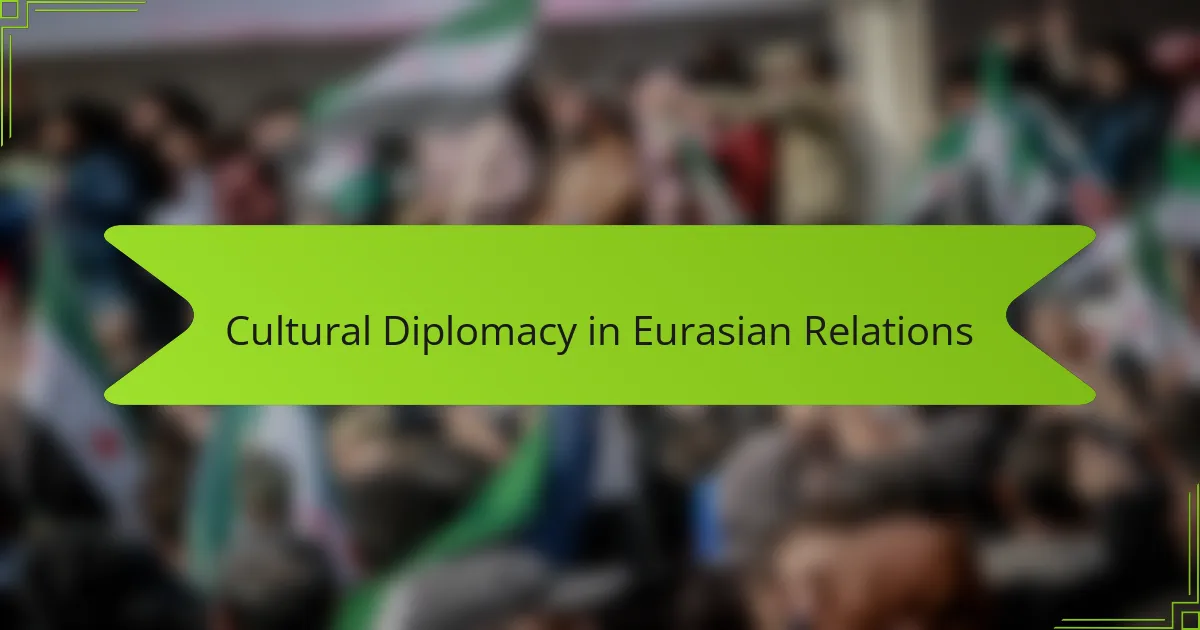
Cultural Diplomacy in Eurasian Relations
Cultural diplomacy in Eurasian relations involves the strategic use of cultural exchanges to enhance mutual understanding among countries in the region. This approach leverages art, education, and shared heritage to strengthen diplomatic ties and promote soft power. Key initiatives include cultural festivals, academic partnerships, and language programs, which facilitate dialogue and cooperation. Countries such as […]
